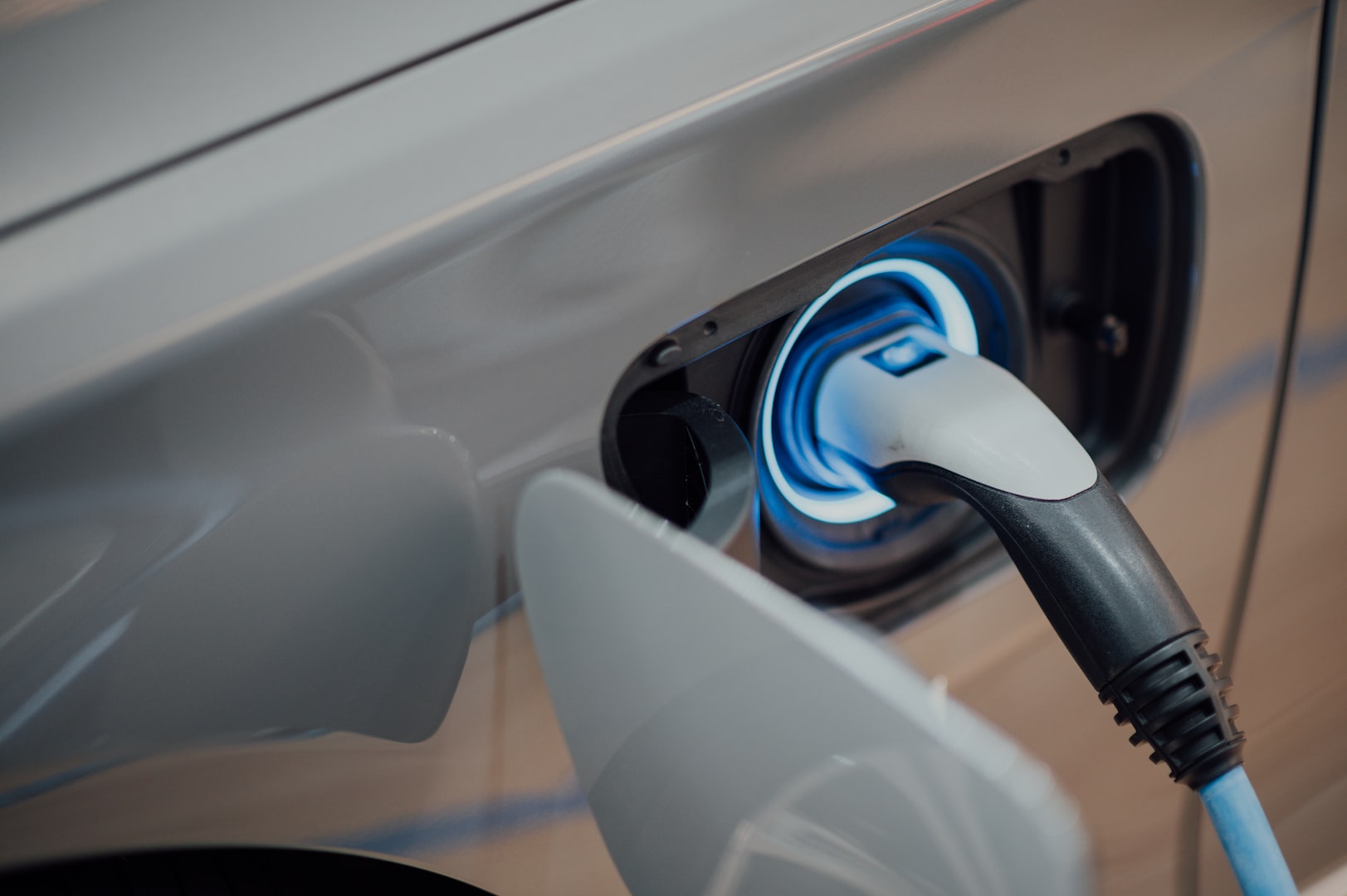Electric cars are good for energy independence and
they fit perfectly within the idealized worldview of most Canadian
conservatives. Electric cars run on electricity, which can be
generated from a variety of domestic sources such as coal, natural
gas, and nuclear power. This reduces the need for foreign oil, which
is a major concern for many conservatives. Not to mention the
abundance of lithium and cobalt present in Canada, which could be
used to create jobs and further fuel the production and maintenance
of electric cars right here at home.
They also promote free market competition. The
production and sale of electric cars is open to any company, big or
small. This allows for innovation and competition, which ultimately
benefits consumers and improves the products they buy. Additionally, the
market for electric cars is still relatively new, meaning there is
ample opportunity for new Canadian companies to enter the market and
to disrupt the established players. Opportunities for Canadian
entrepreneurs and start-ups are abundant within the electric car
market and should be encouraged and promoted by conservative leaders.
Most importantly, electric cars promote fiscal
responsibility. They require less maintenance than traditional
gasoline cars and have lower fuel costs. A normal electric car has
fewer than twenty components, compared to a traditional combustion
car, which has more than 2,000. Those are a lot of moving parts, all
of which can break and burn holes in your wallet. Electric cars could
save individuals and businesses money in the long run by
significantly reducing maintenance and repair costs.
Furthermore, electric cars produce fewer localized emissions, which would help reduce the cost of healthcare and other
expenses associated with air pollution. It has been estimated that
air pollution and airborne toxins kill upwards of four million people
around the world each year. Specifically, in Canada, there has been
growing evidence that our public healthcare system is on the brink of
total failure and cannot be sustained in its current form. Reducing
another burden might help save it.
Electric cars can also be seen as a pro-family and
pro-community. They're quiet and produce absolutely no emissions.
This means they're a better fit for suburban neighbourhoods and can
improve air quality for families living in them. They would also
reduce sound pollution. Children would no longer have to be woken up
by loud trucks and motorcycles in the middle of the night, nor would
their parents.
Electric cars seem to fit every conservative's
vision for an ideal world. They create jobs, they create energy
independence and they make financial sense for families and
businesses. However, in order to embrace electric cars, conservatives
will first need to stop believing the myths.
They're Slow And Have No Speed
Electric motors have instant torque, which means
they can accelerate quickly and smoothly. Many electric cars now come
with advanced features like regenerative braking and adjustable
driving modes, which can enhance the driving experience. A Tesla
Model 3 can accelerate from zero to 60km in half the time it takes an
economy combustion car.
As the technology continues to improve, EVs will
become faster and begin to make up a majority of the sport car
industry. The global market for electric sports cars is expected to
grow from $88 billion to $232 billion in just a few short years.
They Take Forever To Charge
Charging times for electric cars have also greatly
improved in recent years. Many electric cars can now be charged to
80% in as little as 30 minutes using fast charging technology. Even
with a standard home charging station, most electric cars can be
charged overnight and be ready to go in the morning.
They Can't Handle Canadian Winters
Not only can most electric cars handle winter,
they have automatic defrost functions that prevent windows and locks
from freezing. In fact, electric cars start better than combustion
cars in Canada's frigid winters. Regenerative braking also puts the
energy back into the battery to be used later.
Electric motors are purposefully designed to
withstand cold temperatures better than traditional car batteries and
better than traditional combustion engines. The only real and
tangible effect Canadian winters have on electric cars is a reduced
ability to hold the charge. However, again, regenerative braking
systems help mitigate that factor and overall losses of charge range
between 5-15% when temperatures drop below 30.
As the technology improves and EV engineers work
deliberately to make motors and batteries withstand cold
temperatures, there will come a time when Canadian winters will make
EVs the only logical option for most households.
They Have Limited Range
Electric cars have become increasingly popular in
recent years, but one of the newer myths holding back a full embrace
by conservatives is their ability to drive more than a few kilometres
at a time.
In the earlier days, electric cars did have a
relatively limited range, but modern electric cars have seen
significant improvements. Many electric cars now have ranges of over
300 miles per charge and some even have ranges of over 400 miles.
This is more than enough for most people's daily driving habits and
even long trips can be accomplished with smart planning. With
charging stations becoming more common, it won't be long until
there's one on every third block.
As time goes on, their range will continue to
improve and charging stations will become as common as gas stations.
They're Too Expensive
While electric cars can be more expensive to
purchase than gas-powered cars, for now, the cost of ownership is
often lower in the long term and the high costs are temporary. As
supplies grow and EVs become the majority, their prices will start to
decline. Electric cars also have fewer moving parts, which means less
maintenance and fewer repairs. Additionally, electricity is cheaper
than gas, so fuelling an electric car can be less expensive than
fuelling a gas-powered car.
Governments around the world have started offering
incentives and subsidies to purchase electric cars. In recent months,
Tesla has been discounting many of their cars by more than 25%.
They Will Crash The Power Grid
No, they won't. The biggest and most
pervasive myth is this one. Once everyone owns an EV, power grids
will be so overwhelmed that rolling blackouts will be a normal,
common thing. This myth simply is not true and never will be.
During the most recent heat wave, this myth made a
swift comeback when California lawmakers encouraged residents to
unplug their electric cars. However, power grid operators have been
sending warnings and requesting reduced consumption for the better
part of electricity's existence. During hot Saskatchewan summers,
notices and reminders to use less air conditioning are sent out
periodically. This is nothing new and power grids have always faced
challenges during extreme temperatures.
Furthermore, power grids and electricity
infrastructure are constantly being upgraded and technology is always
being developed to reduce the usage of electricity. The capacity of
most power grids has been on a steady rise for the most part of the
century and electric cars are not the only new things using up power.
Let's not forget that every home now owns a personal computer,
multiple televisions, several smartphones and tablets, as well as
heavy duty appliances and home alarm systems—many of which were
non-existent 60 years ago.
Our power grids never collapsed when those
technologies entered the mainstream and they won't when everyone owns
an electric car.




